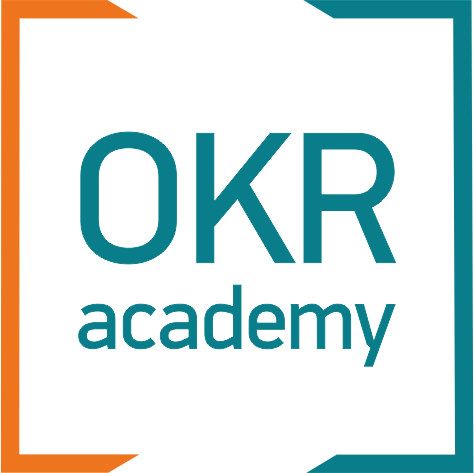OKR Implementation
OKR Calendar: Key Events and Timelines
When introducing OKRs, companies often ponder the time commitment required for a robust system. We've crafted a standardized calendar detailing all pivotal events to guide your planning. Naturally, you'll tailor this to fit your team sizes, agile methodologies, and other unique variables.
For a medium-sized company executing two levels of OKRs quarterly, this involves 12-20 senior leaders shaping company-level OKRs, while departmental and cross-functional teams develop the second tier. Hierarchical units will also see team leaders and pivotal strategists collaborating to advance strategic change.
For a medium-sized company executing two levels of OKRs quarterly, this involves 12-20 senior leaders shaping company-level OKRs, while departmental and cross-functional teams develop the second tier. Hierarchical units will also see team leaders and pivotal strategists collaborating to advance strategic change.
OKR is a strategic execution framework that empowers organizations and teams with flexibility, adaptability, which means agility, focus, and alignment to drive progress toward clear and ambitious objectives and key results.
It is also a continuous discipline and communication culture that encourages employees to be actively involved in setting goals, measuring progress, celebrating success and learning from lessons.
It is also a continuous discipline and communication culture that encourages employees to be actively involved in setting goals, measuring progress, celebrating success and learning from lessons.
Main events
Quarterly cycle, 2 OKR levels
OKR Setup
3-6 hours, before the start of the quarter
Level 1 (company) planning session
Collective discussion and setting of company-level OKRs
Who participates: Extended management team (including department leaders and key specialists, up to 20 people)
2-4 hours, before the start of the quarter
Level 2 (teams) planning session
Vertical alignment with company goals, collective setting of team OKRs
Leader and team members
4-8 hours, after planning
Vernissage (vertical and horizontal alignment)
Horizontal alignment of OKRs between teams, increased vertical alignment
OKR owners from each team and company level. Often - the leaders of those teams that are involved in the implementation of OKR.
Retrospectives
2-4 hours, at the end of the quarter
Company level retrospective
Lessons from the period, analysis of problems and search for solutions.
Expanded management team
1-4 hours
Retrospective in teams
Lessons from the period, analysis of problems and search for solutions. What needs to be escalated to the company level?
Leader and team members
Weekly tracking
30-60 minutes
Progress meetings (check-in) at the company level
OKR owners briefly present the results. What support do you need?
Top management and OKR owners of the company level, everyone can attend (spectators)
20-40 minutes
Progress meetings (check-ins) at the team level
OKR owners briefly present the results. What support do you need? What needs to be escalated to the company level?
Leader and Owners of team level OKRs, representatives of other teams may be present
20-60 minutes
Celebrating successes
Informal multi-format events (general meeting in person, online, posts in the general chat, etc. - remember achievements (OKR and not only) over the past week.
The whole company
Standard calendar
This is a simplified standard template, each company should be customized according to the actual situation
A division leader, actively engaged in both divisional and company-level OKRs, should dedicate about an hour weekly and three full days quarterly. This time isn't merely spent but invested in aligning team objectives with overarching company strategies. Effective OKR discussions enhance communication, streamline operations, and minimize errors and conflicts by clarifying the collective vision.
